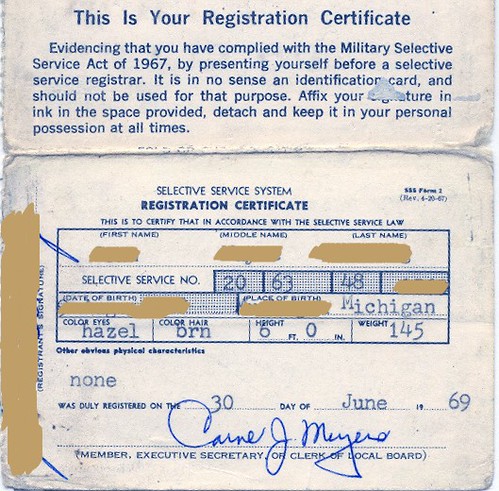 ConsortiumNews | By demanding that the Baucus health-care bill toughen the coercive penalties to force young Americans to sign up for private insurance, industry lobbyists have inadvertently made the most dramatic argument to date for including a strong public option in any health reform law.
ConsortiumNews | By demanding that the Baucus health-care bill toughen the coercive penalties to force young Americans to sign up for private insurance, industry lobbyists have inadvertently made the most dramatic argument to date for including a strong public option in any health reform law.After all, the bill sponsored by Senate Finance Committee Chairman Max Baucus, D-Montana, already was widely regarded as industry friendly. It had scrapped the public option, a lower-cost government-run insurance alternative that the industry hated because it would create strong competitive pressures.
Plus, there appeared to be plenty of goodies for the industry. The Baucus bill, which is expected to clear the Finance Committee on Tuesday, would impose “an individual mandate” on Americans, requiring them to buy insurance or face a government fine. The bill also contained government subsidies to help modest-income citizens pay for their insurance.
So, the industry stood to gain an estimated 27 million new customers and get federal subsidies to boot.
But industry lobbyists began to send signals last week that they wanted more. They feared that the government fines would not be coercive enough to force many healthy young Americans to sign up for insurance, meaning that many new customers might be just the ones the industry doesn’t want – people who are sick and need medical attention.
Without more severe government penalties on young Americans, the lobbyists warned that the industry would jack up rates on everyone.
“Between 2010 and 2019 the cumulative increases in the cost of a typical family policy under this reform proposal will be approximately $20,700 more than it would be under the current system,” said Karen Ignagni, president and chief executive of America’s Health Insurance Plans, the industry’s lobbying arm which commissioned the price study by PriceWaterhouseCoopers. [Washington Post, Oct. 12, 2009]
In other words, the private health insurance industry is demanding more concessions in the reform bill – particularly stiffer fines on Americans who balk at signing up for health insurance – or the industry will make health insurance even more expensive for Americans.
Yet, while the industry may view its new hardball tactics as smart politics, its threats of sharply higher insurance premiums may backfire. The admission that the industry can’t control costs without greater government coercion on citizens may end up simply dramatizing the value of a strong public option.


0 comments:
Post a Comment